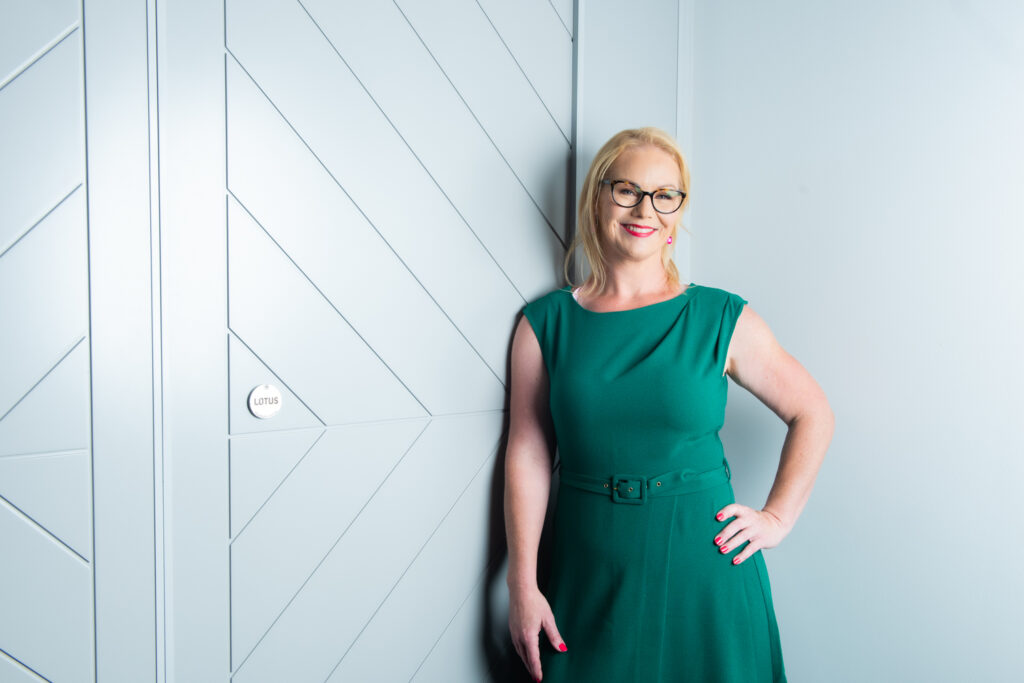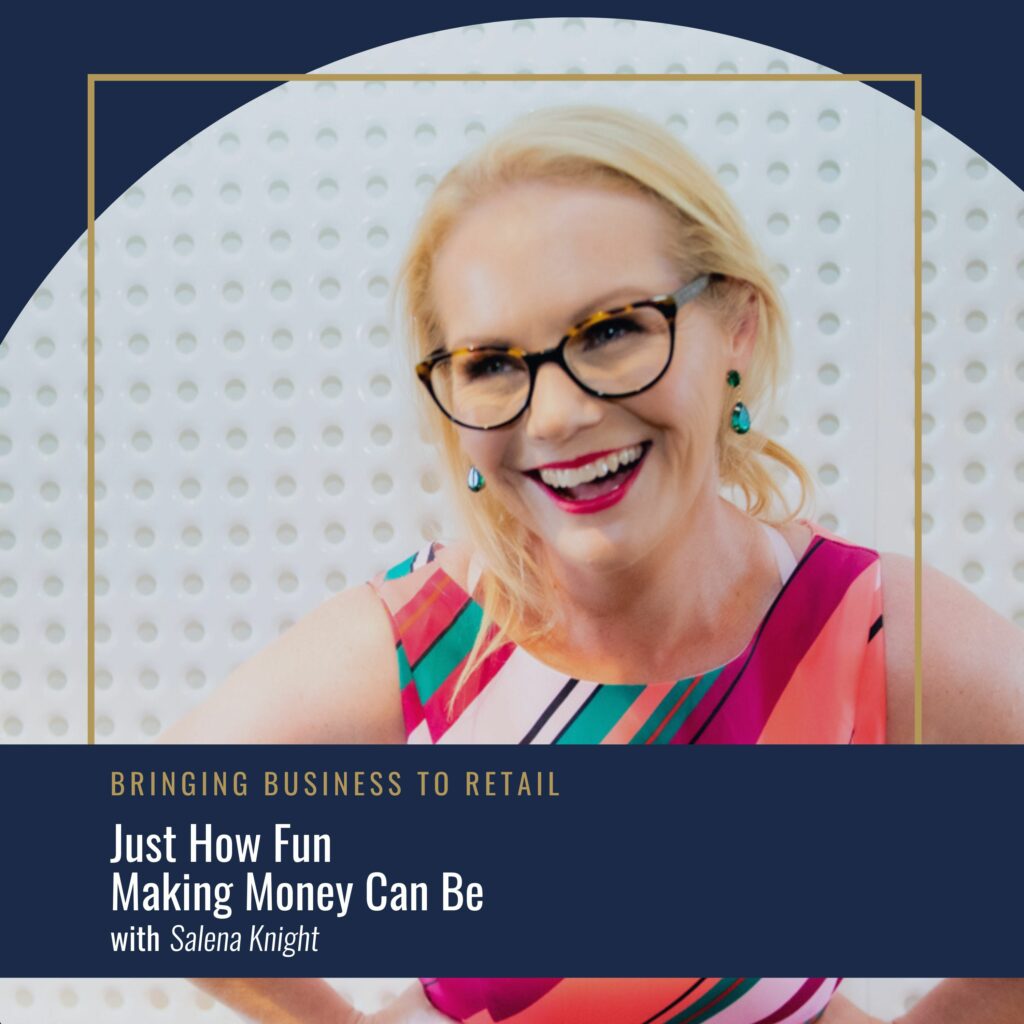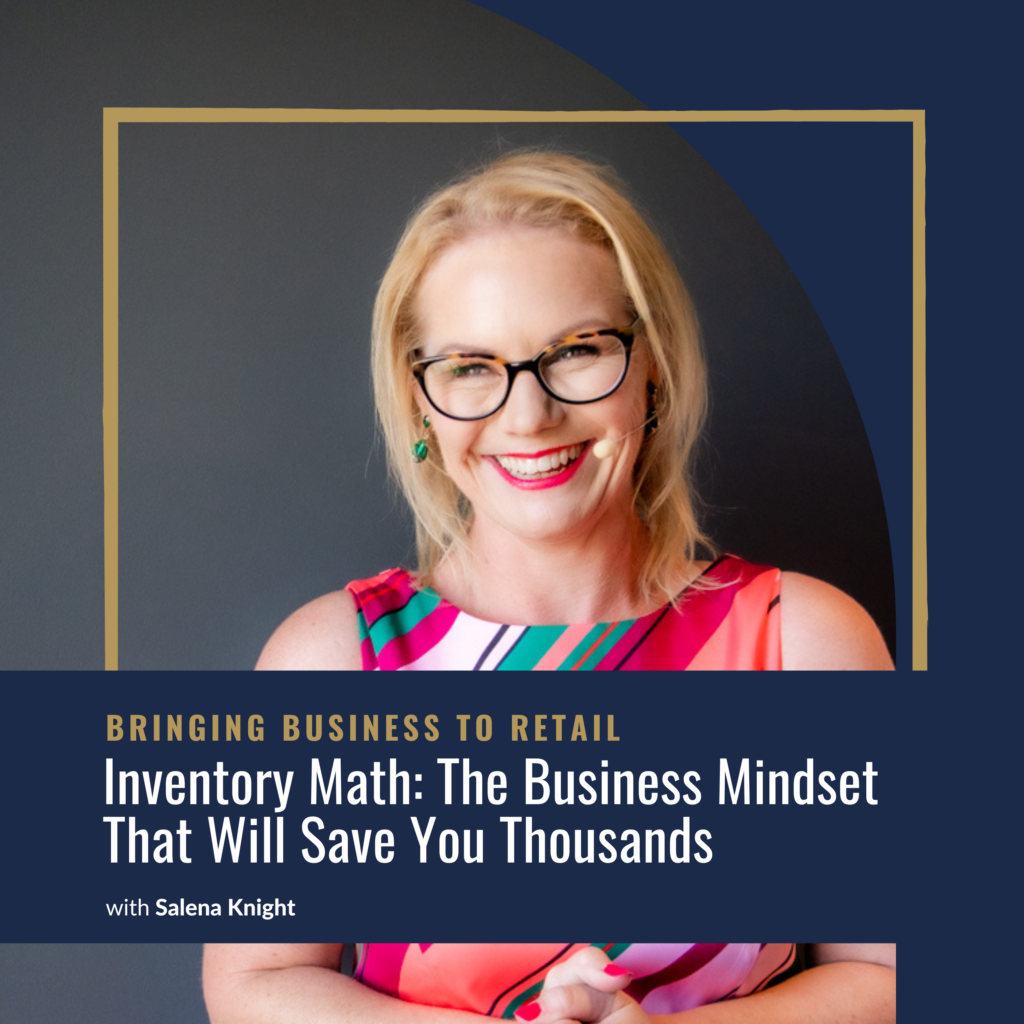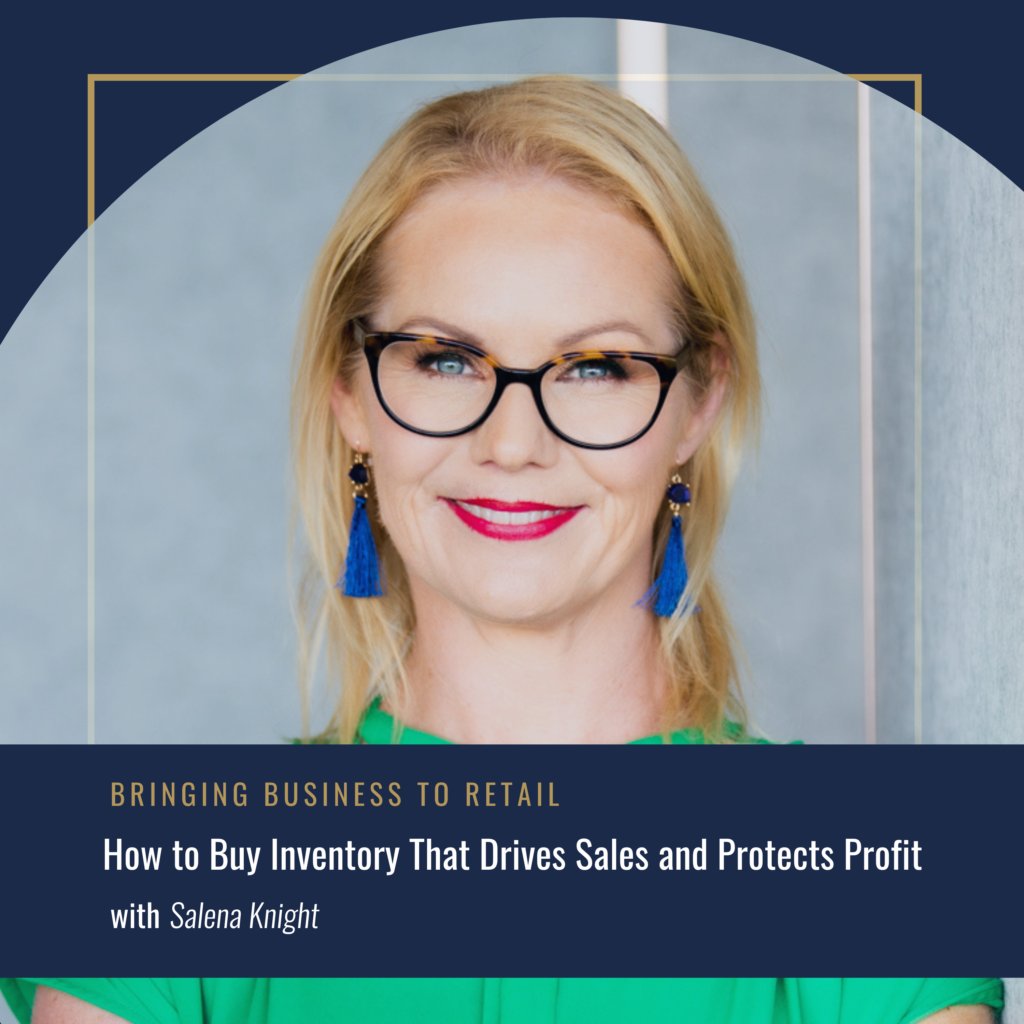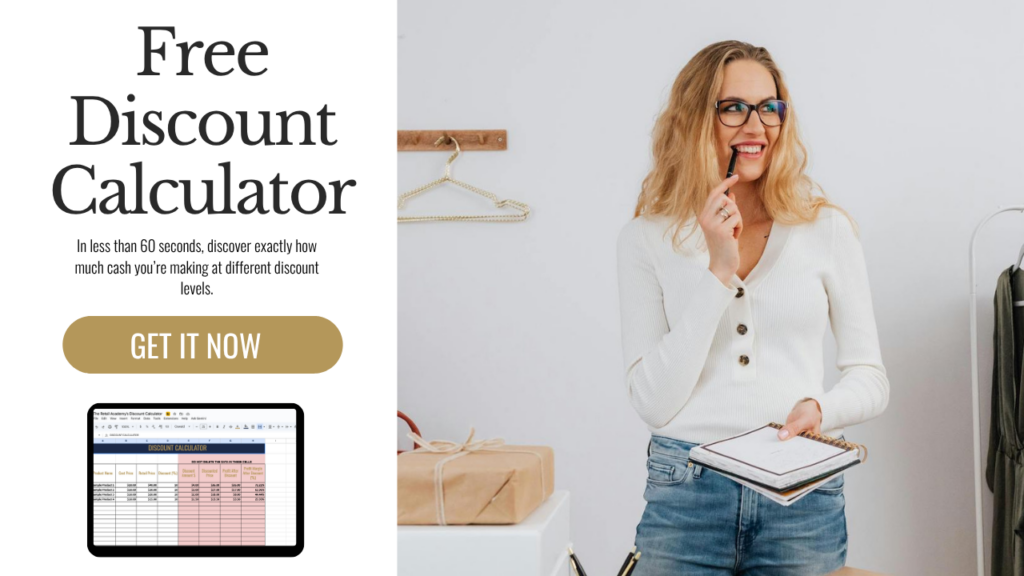
My first foray into commerce was selling reusable nappy-making fabrics on parenting forums.
I would import these massive rolls, cut them up, and sell them to the mums (and dads) on the forums.
This was back in 2008.
Before “eco” was cool.
According to a 2022 NielsenIQ study, 78% of global consumers say that companies should be environmentally responsible. That sounds amazing, right?
But here’s where things get interesting—if that were really the case, why are businesses like Shein and Temu thriving?
Clearly, something isn’t adding up.
And when the number of sales that Temu turned over was in the double-digit BILLIONS, then, you have to ask yourself…
“Do customers really care about sustainability?”
Here are my thoughts…
(from an eco-pioneer)
—————–
Introduction and Purpose of the Podcast 0:01
The Success of Fast Fashion Giants 1:24
Consumer Behavior and Sustainability 3:40
Testing and Tracking Sustainability 6:07
Financial Considerations of Sustainability 9:32
Starting Small with Sustainability 11:35
Conclusion and Call to Action 12:40
LISTEN NOW on The Bringing Business To Retail Podcast
Salena Knight 0:01
Hey there, and welcome to the bring your business to retail podcast. If you're looking to get more sales, more customers, master your marketing and ultimately take control of your retail or E commerce business, then you're in the right place. I'm Selena Knight, a retail growth strategist and multi award winning store owner whose superpower is uncovering exactly what your business requires to move to the next level. I'll provide you with the strategies, the tools and the insight you need to scale your store. All you need to do is take action ready to get started.
Salena Knight 0:47
Hey there and welcome back to another episode of the bring your business to retail Podcast. I'm Selena Knight, and today we are going to tackle a very controversial conversation. And it is controversial because it means so much to me. I started my business as an eco baby products store. I was importing things like reusable nappies and baby carriers nearly two decades ago, so I feel like I was on the forefront of everything that eco is and was and potentially will be, but it is something that we talk about a lot in terms of whether we care about for the businesses that we buy for. So today, I want to talk about, do today's consumers even care about sustainability? Because let's be real, fast fashion giants like temu and sheen are absolutely killing it right now. In fact, I did some research on how much Teemu alone was spending on advertising and marketing. And here's what I found, $2 billion 2 billion with a B, $2 billion on ads on the meta platform. So Facebook and Instagram in 2023 1.4
Salena Knight 1:56
billion with a B on advertising just in the United States in 2023 $15 million million doesn't sound like very much when we're talking in billions, does it? But $15 million on five Super Bowl ads and giveaways in 2024 promoting their shop like a billionaire campaign and $3 billion that's what JP Morgan estimates they spent on marketing in 2024, $3 billion just on marketing. Now, you don't spend this kind of money if you're not making it right. In fact, the Teemu mobile app has more than 167
Salena Knight 2:34
million monthly active users and their annual sales. And you know, this is all very I guess arbitrary, because I don't think that anybody knows the exact number of revenue that they're turning over. But from what I could find, the Financial Times forecasted that their sales for 2024 were going to be $54,000,000,000.05,
Salena Knight 2:57
4 billion with a B in 2024
Salena Knight 3:01
so when they're spending $3 billion on marketing, then it's kind of like a no brainer. That is an ROI anybody would want. But that's not what we're here to talk about today. The simple fact is, they are making billions with a B, while pumping out cheap, mass produced products. And let's be honest, people have to be buying them. That's what $54 billion worth of sales says. So what does that say about consumer priorities right now? White, where we hear here, where we are in 2025 are shoppers really putting their money where their values are? Or is sustainability just another trendy buzzword? Now, I come from a history of understanding that what people say they want and what they will pay for are two different things. So I want to break that down. On today's episode, we're going to talk about whether customers really care about sustainability, but also how you can figure out for your business, not the person down the street, not the person next door, not the person on Instagram, for your business, because you never know what's going on behind the scenes of somebody else's businesses. So we're going to figure out whether it matters to your customers and whether it's actually worth it for your business to go all in on eco friendly initiatives. So let's dive in. First up, we want to look at the data, because, like I said, what consumers say that they what consumers say they want versus what they do is very, very different. Now you are probably aware that most customers say they love sustainability. In fact, according to a 2022 study, 78% of global consumers say that companies should be environmentally responsible. So that sounds amazing, right? Like, surely we should all go out and become environmentally responsible. But here's where things get interesting. If that were really the case, then why are businesses like sheen and temu thriving? Clearly, something isn't adding up here. So.
Salena Knight 5:00
What's going on well, here are my thoughts from nearly two decades in this industry and having made this mistake far too many times over. What people say they want and what they are prepared to pay for are two vastly different things. People love the idea of sustainability, but when it comes to actually making a purchase, I'm going to have to say that price and convenience nearly almost win out every single time for the vast majority of consumers. Now, sure a customer might want to support a brand that is all about eco friendly practices, but if they can get the same thing cheaper and faster elsewhere, then the majority are likely to go into go with that cheaper option. So the takeaway from this is, if you are making business decisions based solely on what people say they care about, you might be setting yourself up for disappointment and a loss of profitability. Instead, you need to actually look at what your customers are doing not what the global surveys suggest. And that brings me to my next point. How do you even tell if sustainability matters to your customers? Remember, not anybody else's not the business that looks identical to you, but your customers, because there's a pretty good chance. I surveyed a lot of people in my community and sustainability is important to us as business owners, and by default, we tend to assume that our customers care and value the same things that we do, because that's why they're here, right? We're in alignment. But the only way to really know if sustainability matters to your customer is to ask them to test it and to track. You can't just ask, but it's as simple as asking, testing and tracking. So here's how you can do it. So first ask them. That part's kind of easy. You can run an email survey or post a poll on social media, or even add a question at checkout, something as simple as, would you pay more for sustainable packaging, and that is going to give you insight on what they think they would do. Remember, what they say is not always what they will do. So don't go running off and dropping 1000s of dollars on an eco product or eco packaging. You need to test it first. So if you are considering to switching to an eco friendly packaging or maybe sourcing some more eco friendly or sustainable options. Here's something that you can try launch two versions of the same product, one with standard packaging and one with sustainable packaging. That's more expensive, it's going to be more expensive. It nearly always is more expensive if custom customers overwhelmingly choose the cheaper option, then that tells you something but if they are willing to pay a premium for sustainability, then that tells you something else. So we're going to test to see whether they're going to put their money where their mouth is. So finally, we need to track the data. So are customers DMing you about sustainability, if you talk about manufacturing or sourcing on your website, how many people actually visit that page and how long are they spending there? Think about whether eco friendly products in your store are actually selling. Look at the data and what are the profit margins. Because sometimes, not always, but sometimes eco friendly products are more expensive, and so we feel like we need to reduce our margins to make them more open for customers to buy. So more what's the word I'm looking for here?
Salena Knight 8:33
Not more affordable? You know what I'm saying? We want them to buy it. So if we're squeezing profit margins down to make customers appealing. There's the word to make it more appealing to our customers. Then, is it really sustainable in the long term? Sometimes it's the complete opposite. Sometimes an eco friendly product, you can add additional margins because your customers are prepared to pay for that. But we're looking at the data. Look at where the customers mention sustainability in their reviews. Now these may not be reviews on your website, but you can hunt out the competition and see, does anybody even care if they are mentioning it, something that we can think about if they're not mentioning it, if it never comes up again. This is data that we're using to make our business decisions. These are all clues that are going to help you figure out if going eco and sustainable is the right move for your business, and if it is, where are we going to do it? Okay? The simple fact is, we're in business to make money, so let's talk about the money, because sustainability is not free. Eco friendly materials generally cost more ethical labor costs more getting sustainability certifications like big Corp certification, that's an investment as well. So is it actually worth your money? Well, that depends on your business model and your customers, if your audience truly values sustainability, like my whole store was based on eco fra.
Salena Knight 10:00
Lead products, and so people were coming to buy that. But if your customers truly value that sustainability aspect, then yes, it can be a strong differentiator that helps you build customer loyalty and brand trust. In fact, Gen Z and millennials are significantly more likely to shop with brands that align with their values. So if they're your main customers, this could be a smart play, but remember, we're going to test it and we're going to track it now, sustainability does have financial benefits for you as well. So if you're looking internally in your business, you might look at cutting down your waste, or switching to energy efficient practices, or potentially optimizing your supply chain, which can all of those things when you put them together, can save you money over time. Generally, they're not short term savings. It's a long term investment, and with governments tightening up on environmental regulations, getting ahead of those changes could save you from having to be compliant in the future. I know here in Australia, there is a huge push to put LEDs into commercial spaces, and so the government is subsidizing us to put LEDs into our offices. And that might be something that you can invest in. Maybe there are schemes like that for you as well. Remember, if you're going to do these and you think that sustainability is important to your customer, tell everybody about it. Now, that said, if your customers actually don't care, and you're investing heavily in sustainability, remember, it could eat into your margins without any real financial payoff. Now that is a business decision that you have to make. Sometimes what we value is just as important as the profits, and this is why testing is so important. So what's next? If you're thinking about making sustainability a bigger part of your brand, don't feel like you have to go all in overnight. Start small. Maybe it is something as small as taking up one of those government grants to get your light switch to LED. Or maybe it is a small change in your packaging, something that isn't going to break the bank, so you can see if, when you put that in place, it makes a difference in your customer engagement or your sales sidebar here, you gotta tell people if you're making these switches and you're trying to test whether it makes a difference. People have to know that you're doing it, so you can't just live in a vacuum, or maybe you might like to look at introducing a sustainable product line and watch how it performs before expanding it across your entire inventory. Remember you can start small. It doesn't have to be all or nothing, and so one of the biggest things that you need to remember is to be honest with where you're at. Customers do appreciate brands that are transparent. Even with all social media these days, we care about whether we're being sold, or why, or whether we're being sold the truth. So even if you are not 100% sustainable yet, and it is the direction that you want to take, then tell the story and let your customers know what you're working on, what your goals are and how they can be part of that journey. It could be something like a crowdfunding campaign. It could be putting something in that checkout that allows people to donate to these sustainability practices. Or it could just simply be our price of our shipping is going up because we're going to be using eco friendly materials. At the end of the day, sustainability is never a black and white issue. For some brands, it's a game changer. For me, it was my whole brand. But for other people, it could be a really expensive move that doesn't actually impact the bottom line. And so the key is to test, to track and to make informed decisions based on your business and your customers and what they want and what they are prepared to pay for. So do today's consumers actually care about sustainability? Well, the answer is, it depends. Here's what we know people say that they care, but the sales data will often tell you a very different story, and the best way to find out what matters to your customers, is to ask them to test them and to track it. Just because a competitor does it doesn't mean that you should. And sustainability has both costs and benefits, and you need to find the balance that makes sense for your brand. Start small, measure the results and adjust based on what actually works and what people are prepared to pay for. So what do you think? Have you seen a demand for sustainable products in your business, or do customers care more about price and convenience? I would love to hear from you. This is a subject that is very dear to my heart. It is the whole premise of what I founded my business on. So I would love it if you could DM me on Instagram or tag me in your stories, because I love hearing your insights. And hey, if you found this episode helpful, don't forget to subscribe. Leave a review and share it with your fellow retailers. Until next time, keep making smart, strategic moves in your business. I'll see you on the next episode.
Salena Knight 14:57
So that's a wrap. I'd love to hear.
Salena Knight 15:00
What insight you've gotten from this episode and how you're going to put it into action. If you're a social kind of person, follow me at the Selena Knight and make sure to leave a comment and let me know. And if this episode made you think a little bit differently, or gave you some inspiration, or perhaps gave you the kick that you needed to take action, then please take a couple of minutes to leave me a review on your platform of choice, because the more reviews the show gets, the more independent retail and E commerce stores just like yours that we can help to scale. And when that happens, it's a win for you, a win for your community and a win for your customers. I'll see you on the next episode.
Share this episode
Watch The Video


